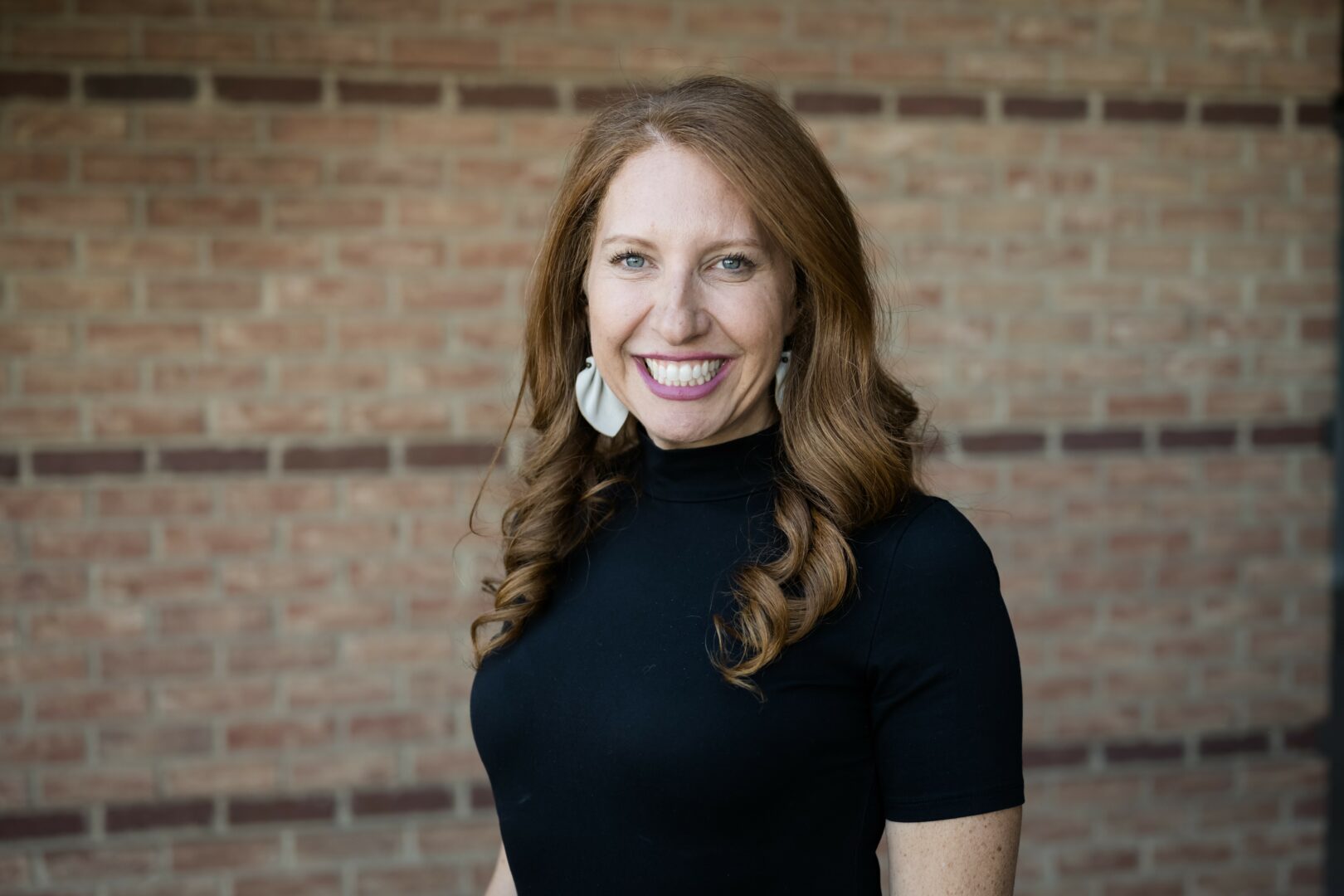We’re excited to introduce you to the always interesting and insightful Parker Daley Garcia. We hope you’ll enjoy our conversation with Parker below.
Parker, thanks so much for taking the time to share your insights and lessons with us today. We’re particularly interested in hearing about how you became such a resilient person. Where do you get your resilience from?
My resilience comes from New York City. I know that’s somewhat uninteresting but the more I live—and live out loud, the more resilience I am able to be. And I sort of feel like I can only do that in New York City. I can take a hit, I can bounce back, and I can withstand difficulties because I’ve learned to have perspective. NYC has this way of making life come right at you. There are so many languages spoken, cultures to see, and people with much more going on than me. Maybe this is flippant but nothing snaps me out of a downward spiral like someone telling me to “walk faster” or “get off my phone”. Life is happening.
Thanks for sharing that. So, before we get any further into our conversation, can you tell our readers a bit about yourself and what you’re working on?
I fight for gender equity in the contemporary art world. Each day, I get to work with women and gender expansive artists without whom society would be lesser. The gallery where I work and put on museum-quality exhibitions is a 130-year-old non-profit called Pen + Brush. It’s in the Flatiron district in NYC. The most exciting part about what I do is that I actually get to SEE change, and be a small part of making it happen. We’ve got women artists into institutions like the Museum of Modern Art, The Whitney, and the Perez Museum in Miami. One of the best parts of doing this work is that I learn someone’s whole story. I work so closely with these artists and fight so hard for their perspectives and voices that I am able to really see new parts of the world through their work. Pen + Brush has this slogan, it goes like this: “Until it’s just about the art.” That’s when I’ll stop. When it’s just about the art.
Also, yes, we have our ONLY fundraising event coming up. It’s only time Pen + Brush has a big event that benefits us. It is in tandem with our upcoming exhibition “The Now: Fever Dreams”, which I’ve just curated. The gala linked here (https://www.store.penandbrush.org/event/come-as-you-dream ) is June 6th and tickets cost $200 but ARE TAX DEDUCTIBLE and go completely to benefiting the mission.
“The Now: Fever Dreams” opens on May 16th and showcases work that references untenable environment.
Oh and by the way, all art at Pen + Brush is for sale and 75% of each sale goes directly to the artist.
If you had to pick three qualities that are most important to develop, which three would you say matter most?
Reading is the most important thing— and let me just say, I am NOT a great reader. But I read books on theory, art, historical fiction and I can’t tell you enough how many times what I’ve read has given me a leg to stand on. Even if it’s just to get into a fight about politics at the Thanksgiving table. The second most helpful thing is being able to talk to people. Don’t talk at them. But being able to engage in meaningful and even uncomfortable conversations is useful and appreciated long-term. Obviously, Art History is the area of knowledge that has been most transformative and impactful to my journey. I didn’t start out studying art history, but learning what drove people to create these incredibly important works really shook me.
I’m definitely not any sort of authority but advice that I give myself is to never get comfortable being content and to always know, with deep certainty, that the person next to me knows something I do not.
Awesome, really appreciate you opening up with us today and before we close maybe you can share a book recommendation with us. Has there been a book that’s been impactful in your growth and development?
It’s gotta be “The Second Sex” by Simone de Beauvoir. It wasn’t an easy read. Possibly the most valuable thing I learned, which is sort what de Beauvoir is writing about, is that the first time I read it, the translation from French to English was done by a man that reinterpreted de Beauvoir’s text through his eyes. So, it wasn’t an accurate translation. The second time I read it, with a better translation by Constance Borde and Sheila Malovany-Chevallier, I couldn’t believe how different it was. I sat there wondering how many texts had been perverted by a bias translation.
But one little nugget I will give is the idea that as a woman, our wings are cut and then we are often blamed for not knowing how to fly. I think that applies to anyone who is “othered” by society.
Contact Info:
- Website: www.penandbrush.org
- Instagram: parkerdaleygarcia









